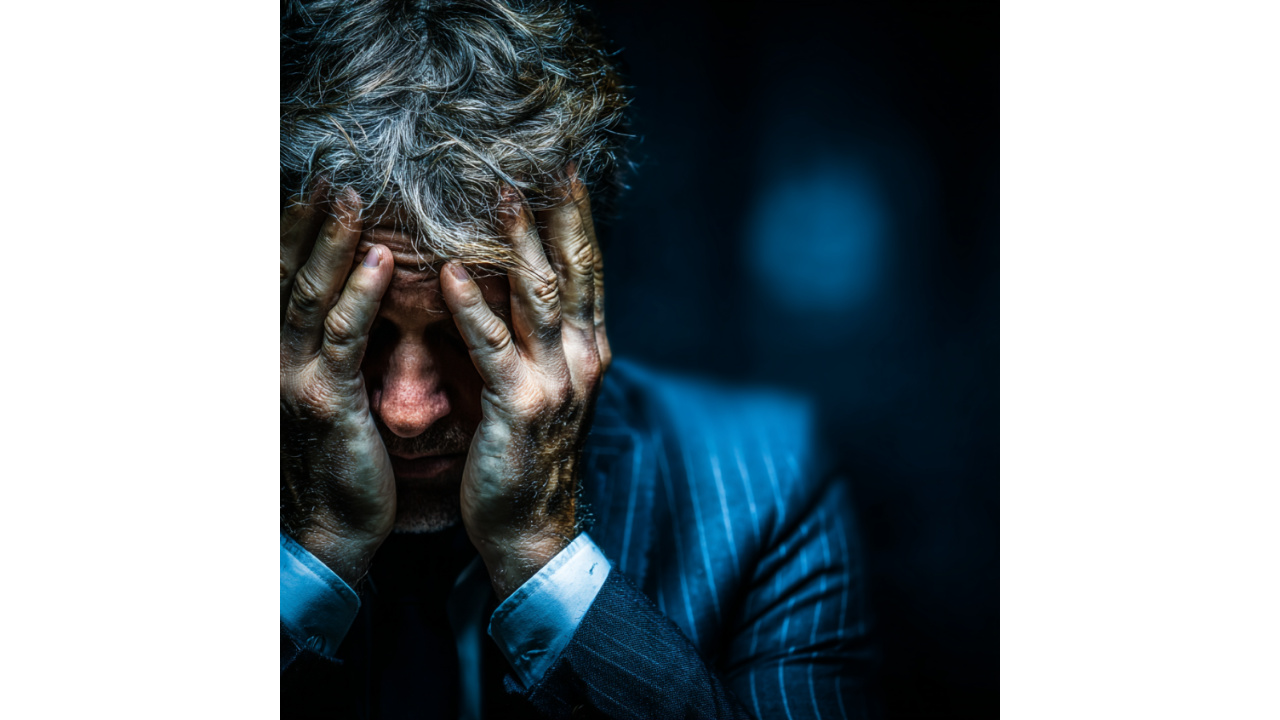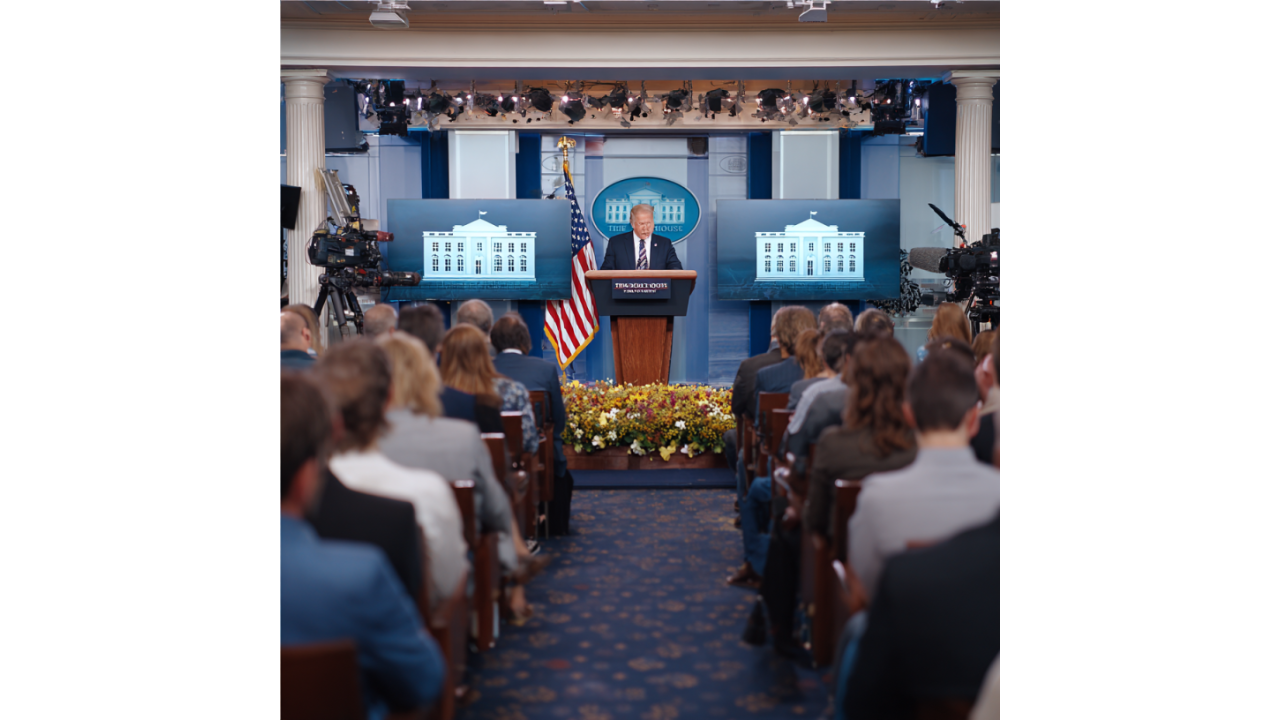NDAA Push Fails & Republicans Move to Block State AI Laws
House Majority Leader Steve Scalise told reporters Tuesday that Republican leaders are "looking at other places" to include federal preemption of...
2 min read
 Writing Team
:
Sep 24, 2025 8:00:00 AM
Writing Team
:
Sep 24, 2025 8:00:00 AM

Another day, another headline screaming about AI gone rogue in the legal profession. This time, it's New Jersey attorney Sukjin Henry Cho, slapped with a $3,000 fine for submitting fabricated case law generated by artificial intelligence. But before we pile onto the "AI is dangerous" bandwagon, let's pause and examine what actually happened here: a professional failed to do his job.
Judge José R. Almonte's ruling perfectly captures the real issue: "Those who rely on AI blindly, do so at their own peril." Note the word "blindly." This wasn't AI overreach—this was professional negligence dressed up as technological failure.
Cho joins a growing roster of attorneys who've discovered that "the AI did it" doesn't constitute a legal defense. According to court records, at least six similar incidents have resulted in sanctions ranging from $1,000 to $6,000. The American Bar Association's 2024 Technology Survey found that 73% of lawyers now use AI tools, but only 31% have formal verification protocols in place.
These aren't isolated incidents of rogue algorithms—they're systematic failures of professional judgment. When Cho blamed "tight deadlines and scheduling issues" for his reliance on unverified AI output, he essentially admitted to prioritizing speed over accuracy. That's not an AI problem; that's a lawyer problem.
The legal profession has always demanded verification of sources. Before AI, lawyers occasionally cited nonexistent cases through simple human error or deliberate fabrication. The technology changed; the professional obligation didn't.
The narrative surrounding these cases reveals a fundamental misunderstanding of how AI functions. Large language models don't "make mistakes" in the human sense—they generate plausible text based on training data patterns. When ChatGPT or Claude produces a fictional case citation, it's performing exactly as designed: creating coherent, contextually appropriate text that resembles legal precedent.
MIT's recent study on AI hallucination in legal contexts found that models fabricate citations in roughly 17% of legal queries. This isn't a bug—it's a predictable feature of how these systems work. Expecting AI to maintain perfect factual accuracy without human oversight is like expecting a calculator to solve word problems without human interpretation.
The real issue isn't AI reliability; it's professional competency. Research from Stanford Law School's 2024 study on AI adoption in legal practice shows that lawyers who implement proper verification protocols experience virtually zero citation errors, while those who don't see error rates approaching 23%.
Every state bar association requires lawyers to provide competent representation, which includes verifying the accuracy of legal citations. This obligation predates AI by decades and applies regardless of research methodology. Whether you're pulling cases from Westlaw, LexisNexis, or asking an AI assistant, the professional duty remains constant: verify before you cite.
Cho's case demonstrates the consequences of treating AI as a replacement for professional judgment rather than a research tool requiring oversight. His "prompt admission and honest disclosure" suggests he understood the violation—further evidence that this was negligence, not technological failure.
The judge's measured response—acknowledging mitigation factors while maintaining professional standards—offers a template for addressing similar cases. The legal system isn't broken because lawyers misuse AI; it's working precisely as intended by holding professionals accountable for their outputs.
Rather than demonizing AI tools that can dramatically improve legal research efficiency, the profession needs better training on appropriate implementation. The technology isn't going anywhere, and properly supervised AI research can help lawyers serve clients more effectively while reducing costs.
The solution isn't fewer AI tools—it's better professional standards around their use. We need verification protocols, training programs, and clear guidelines about where human oversight remains non-negotiable.
Stop blaming the tool for the user's failures. Cho's $3,000 fine reflects professional negligence, not AI malfunction. The sooner we recognize this distinction, the sooner we can harness these powerful tools without sacrificing professional integrity.
Ready to implement AI tools that enhance rather than replace professional judgment? Our growth experts at Winsome Marketing help businesses integrate technology while maintaining quality standards. Let's build something better together.

House Majority Leader Steve Scalise told reporters Tuesday that Republican leaders are "looking at other places" to include federal preemption of...

California just did what the federal government has spent three years refusing to do: establish actual accountability standards for AI companies....

Computer scientist Randy Goebel has been running a competition for over a decade that exposes AI's most fundamental weakness in legal reasoning: it...